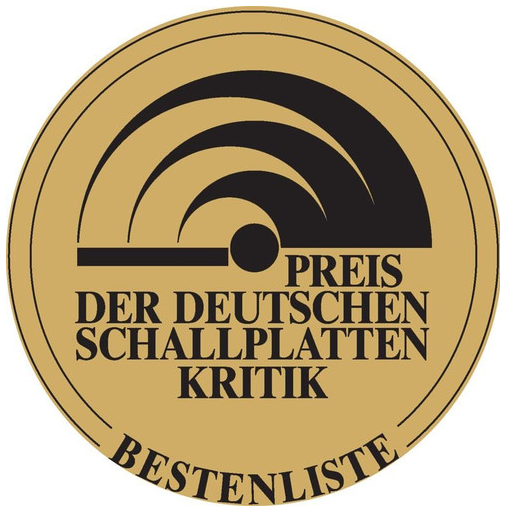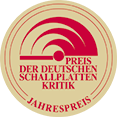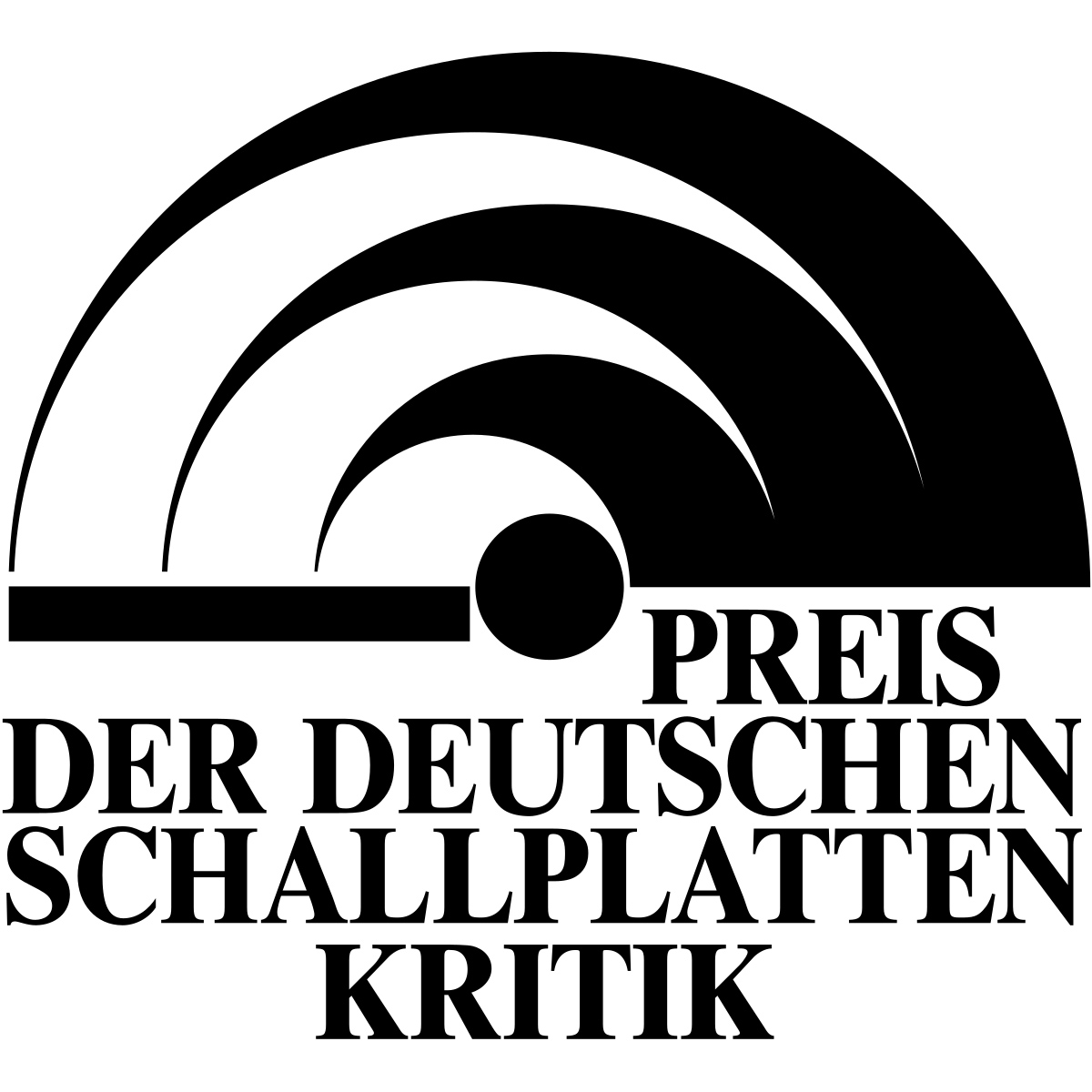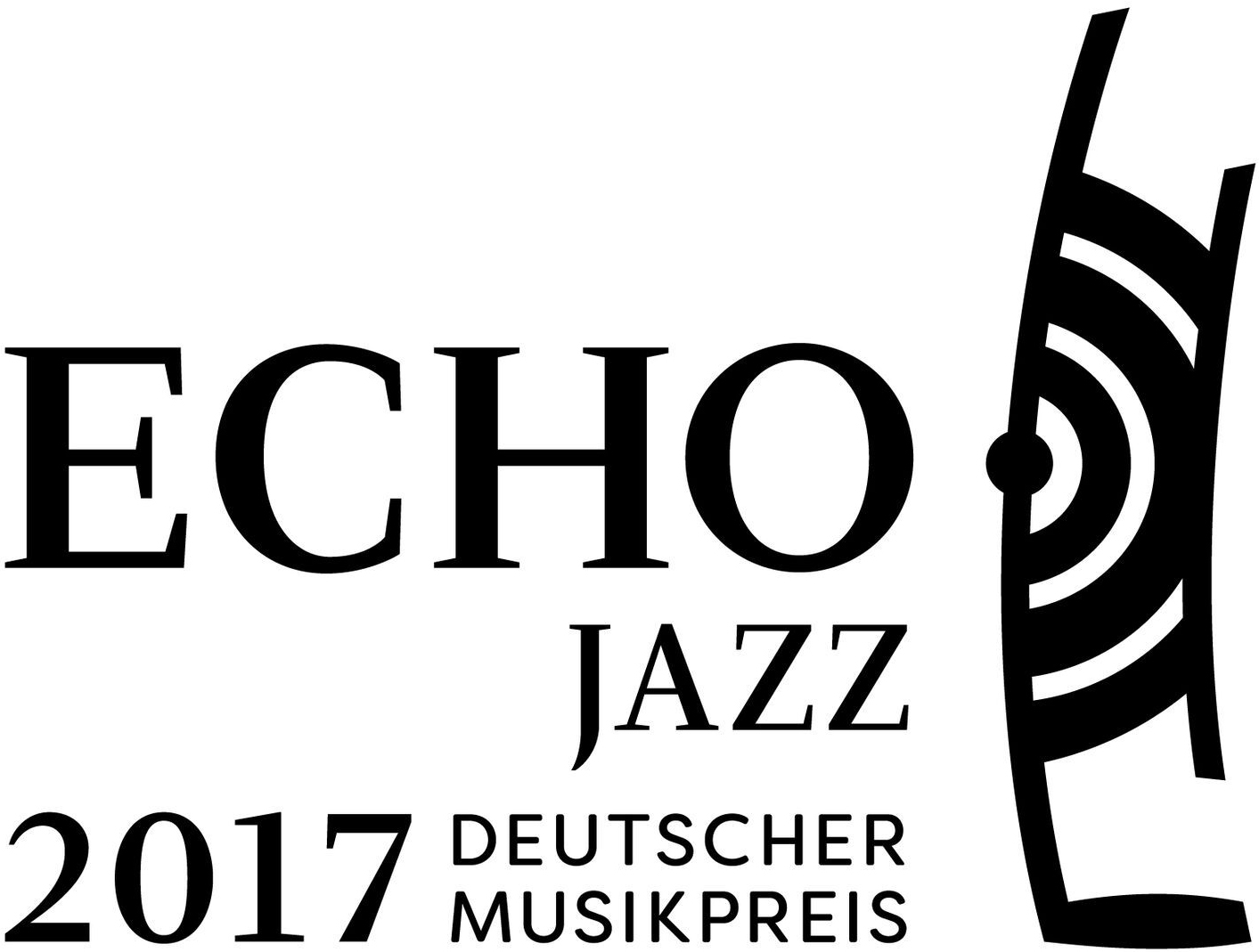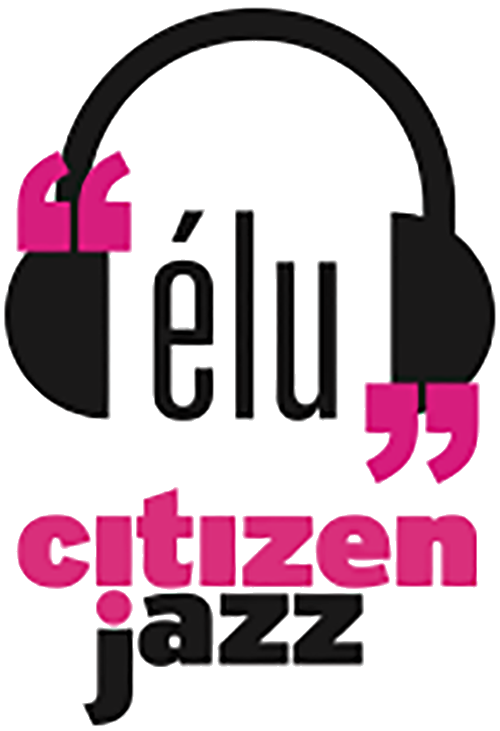in English
(find the original German text and a French translation below)
DANIEL ERDMANN´S VELVET REVOLUTION
A SHORT MOMENT OF ZERO G
Yes, it came to me while listening to this music in the mind: that is a strong statement – strong and at the same time sensitive, with a sense for fine nuances and at the same time with gusto, occasionally even with force. While in many places swirling inwardness and crafted zeal pervade, what comes to light here is something that goes to make up the driving force of jazz: the yearning to communicate.
Daniel Erdmann, active as a member and coleader of many bands, had the sound of this trio in his ear, and looked for and finally found the musicians who would allow the inner sound to become a reality. A good ten years after
Erdmann 3000, here is another band that totally bears his stamp, that of the tenor saxophonist and composer. At the same time, in the ensemble playing there is lots of leeway for the participants. Music of this kind is about freedom, about the freedom to improvise in relation to the composition, freedom of feeling, thinking, and desire.
Velvet Revolution works as a perfect name for this project – a stroke of fate that combines gentleness with renewal and a radical turnaround.
Velvet Revolution here becomes a metaphor. Even if the term is associated with the breakup of an ossified bureaucratic statecommunism through a nonviolent democratic movement in Czechoslovakia, in connection with this music it stands for an intention that reaches beyond an historical anchor: it means a striving for change and the principle of meaningfulness, for a gentle and persistent influence. In other words: this music wants something, and you can feel it.
What initially makes you sit up and take notice and draws you in, is the gesture, the closeness to speech, the narrative and rhapsodical manner. Daniel Erdmann’s pieces are compact, sometimes even complex, and within their forms the participants can roam freely. The themes – in both the musical and the intellectual sense – form the frame of reference. Daniel Erdmann is a selfconfessed melodist. And this is often much harder than hiding yourself behind a material exegesis, because the ideas and the statements have to be strong. In this skein of voices with violin, viola and vibraphone, he weaves together a trio that makes it possible to for the parts to share rhythmic or harmonic aspects, to cross over or develop one another.
Théo Ceccaldi, cofounder of the Trio Collectif in Orleans, was first noticed by Daniel Erdmann in the trio with his brother the cellist Valentin Ceccaldi and the guitarist Guillaume Aknine. He contributes something from the grand French string tradition, as well as jazz references and something very contemporary: he can wallow in melody, but also provide abstract, percussive action. Daniel Erdmann knows Jim Hart from a visit to London, where the vibraphonist, who now lives in Colmar, was one of the cofounders of Loop Collective. With its luminous sound, the vibraphone reinforces the chambermusiclike magic of the trio. Jim Hart, who also profiles himself as a drummer, brings with him precisely that rhythmic competence that here enables him to dispense with drums, brilliantly. The trio is a typically international band – like so many lineups in which Daniel Erdmann is active. There is no proclamatory intent behind this, simply the everyday reality and the tendency of this type of European jazz to make distances and borders seem increasingly irrelevant.
Daniel Erdmann’s
Velvet Revolution is free from intent, the desire to illustrate, although it does contain a number of allusions. The music draws from the confrontation with reality and bubbles from the imagination. It has something poetic and something anecdotal; something picturesque and something abstract. You don’t need to know what the titles have to do with the pieces when the sounds speak for themselves. At most, the titles shed light on the background of the musicians: we learn that
les agnettes refers to a new underground station of the Paris metro, and that Daniel Erdmann often got off the train there to meet the drummer Christophe Marguet, who was living in the suburbs, for their rehearsals. Or imagine
les frigos, a former cold storage, chocabloc with rehearsal rooms and artists’ ateliers, an old building sprayed with graffiti amidst newly erected modern office blocks. It can almost be seen as a symbolic place in the wilderness, created anew as a contrast to the rationally ordered world.
For one title they have quoted an abbreviated sentence from Truman Capote’s story
A Christmas Memory, which leaves readers with the words:
As expected to see, rather like hearts, a lost pair of kites hurying towards heaven. In this music there is something poetic, melancholy and hymnlike, or even a moment of floating, as in
short moment of zero g. And there is a window of thought onto the world.
Quand j´étais petit je rêvais d´être pauvre is based on the instrumental setting of a saying by André Ze Jam Afane, who Daniel Erdmann works with and with whom he has often performed. When I was young, a native Cameroonian poet once said
‘I dreamed of being poor’. Everything resonates with longing, wishing, fortune and misfortune, in this world, which when graced by riches, sees them so unfairly distributed.
Of course, subconsciously a role is also played by what these musicians belong to or what they have engaged with, so the whole cosmos is there, with jazz, blues, swing, rhythm and blues, avantgarde, rock, punk, Valse Musette, folksong, the ‘gesture’ of Hanns Eisler (not least mediated by the intensive study of this in the band
Das Kapital), free improvisation, new music, etc. – all these occur. But much of that is identifiable at most as a trace element.
And since we have come to speak about gesture again: now and then something romantic breaks through – not in the sense of a yearning for the past, but as a basis for longing for the future. In this respect too there is a reference to the expressivity in the current of jazz – be it for expressivity of the great AfricanAmerican tenor saxophonist or even a musician like Heinz Sauer, with whom Daniel Erdmann has occasionally been fortunate enough to play with. The trio generates its own particular ‘sound’. In doing so, Daniel Erdmann proves himself to be thoroughly aware of tradition in the highest sense, and he intends to continue it with his own voice. He is proud to be part of this current.
Bert NoglikTranslated by Richard Robinson
Velvet Revolution was supported by Conseil General De La Marne and La Region Champagne Ardenne / La Region Grand Est.
Special thanks to Philippe Le Goff et toute l´équipe de Césaré, Anne Monteiller, Philippe Ochem, Mathieu Malgrange, Laetitia Zaepff el, Nicolas Dhondt, Philippe Deblaise, Paul, Leonie, Pascale, Vincent Courtois, Robin Fincker, Maikôl Seminatore, André Ze Jam Afane, Bert Noglik, Damien Besançon, Gunnar Gentzsch, Tobias Schuster and all of the BMC team.
Daniel Erdmann plays Vandoren reeds and ligatures.
Théo Ceccaldi plays Corelli Cantiga strings.
Jim Hart plays exclusively Mike Balter mallets.
daniel-erdmann.comBooking:
shoestring-jazz.de
Deutsch
DANIEL ERDMANN’S VELVET REVOLUTION
A SHORT MOMENT OF ZERO G
Ja, kam es mir beim Hören dieser Musik in den Sinn: Das ist ein starkes Statement – kräftig und zugleich sensibel, mit Sinn für feine Nuancierungen und zugleich auch mit Schwung, gelegentlich gar mit Wucht. Während sich vielerorts wabernde Innerlichkeit und kunstgewerbliche Beflissenheit breitmacht, kommt hier wieder etwas zum Vorschein, was die Triebkraft des Jazz ausmacht: der Drang zur Mitteilung.
Daniel Erdmann, umtriebig als Mitglied und CoLeader zahlreicher Spielvereinigungen, hat den Klang dieses Trios im Ohr gehabt bzw. die Musiker dazu gesucht und schließlich gefunden, um den inneren Sound Realität werden zu lassen. Rund zehn Jahre nach Erdmann 3000 ist dies wieder eine Band, die gänzlich von ihm, dem Tenorsaxophonisten und Komponisten, geprägt wird. Zugleich gibt es im Zusammenspiel für die Beteiligten große Spielräume. Musik dieser Art hat mit Freiheit zu tun, mit der Freiheit der Improvisation in Relation zur Komposition, mit der Freiheit des Fühlens, des Denkens, des Wollens.
Velvet Revolution wirkt wie ein perfekter Name für dieses Vorhaben – eine Fügung, die das Sanfte mit dem Erneuernden und dem radikal Umwälzenden verbindet. Velvet Revolution wird hier zur Metapher. Auch wenn sich der Begriff für mit dem Aufbrechen eines bürokratisch verkrusteten Staatskommunismus durch eine gewaltfreie demokratische Bewegung in der Tschechoslowakei assoziiert, steht er im Zusammenhang mit dieser Musik für eine über die historische Verankerung hinausreichende Intention: für das Streben nach Veränderung und die Überzeugung von der Sinnhaftigkeit ebenso sanfter wie hartnäckiger Einflussnahme. Mit anderen Worten: diese Musik will etwas, und das spürt man.
Was zunächst aufhorchen lässt und einen hineinzieht, ist der Gestus, die Sprachnähe, das Erzählende, das Rhapsodische. Daniel Erdmanns Stücke sind kompakt, manchmal auch komplex, und in ihren Formen für die Beteiligten frei begehbar. Das Thematische – im musikalischen wie im gedanklichen Sinne – bildet die Bezugsrahmen. Daniel Erdmanns bekennt sich zum Melodischen. Und das ist oft viel schwieriger, als sich hinter einer Materialexegese zu verstecken, weil die Einfälle und die Aussagen stark sein müssen. Er webt sie ein in das Stimmengeflecht mit Violine bzw. Bratsche und Vibraphon – eine Triokonstellation, die es ermöglicht, rhythmische oder harmonische Aspekte wechselweise untereinander aufzuteilen, miteinander zu verschränken oder zu verdichten.
Théo Ceccaldi, Mitbegründer des Trio Collectif in Orleans, ist Daniel Erdmann zuerst durch das Trio mit seinem Bruder, dem Cellisten Valentin Ceccaldi und dem Gitarristen Guillaume Aknine aufgefallen. Er bringt etwas von der grandiosen französischen StringTradition, zugleich den Jazzbezug und etwas sehr zeitgenössisches ein, kann in Melodien schwelgen, aber auch abstrakt und perkussiv agieren. Jim Hart kennt Daniel Erdmann von Besuchen in London, wo der Vibraphonist, der heute in Colmar lebt, zu den Mitbegründern des Loop Collective zählte. Das Vibraphon mit seinen leuchtenden Klängen verstärkt die kammermusikalische Magie des Trios. Jim Hart, der sich auch als Schlagzeuger profiliert hat, bringt genau die rhythmische Kompetenz ein, die es hier ermöglicht, genial auf ein Schlagzeug zu verzichten. Das Trio ist bezeichnender Weise eine internationale Band – wie so viele Ensembles, mit denen Daniel Erdmann aktiv ist. Dahinter steht keine proklamatorische Absicht, sondern die Alltagsrealität und die Gesinnung dieser Art von europäischem Jazz, der Entfernungen und Grenzen zunehmend irrelevant erscheinen lässt.
Daniel Erdmann’s Velvet Revolution ist frei von der Absicht, illustrieren zu wollen und enthält doch eine Vielzahl von Anspielungen. Die Musik schöpft aus der Auseinandersetzung mit der Realität und sprudelt aus der Phantasie. Es gibt Poetisches und Anekdotisches, Bildhaftes und Abstraktes. Man braucht nicht zu wissen, was es mit den Titeln der Stücke auf sich hat, denn die Klänge sprechen für sich. Allenfalls illuminiert es etwas vom Umfeld der Musiker, wenn man erfährt, dass sich les agnette auf eine neuere, unterirdische Stationen der Pariser Metro bezieht und dass Daniel Erdmann dort oft ausgestiegen ist, um den am Rand der Metropole lebenden Schlagzeuger Christophe Marguet zu treffen und mit ihm zu proben. Oder man stelle sich les frigos vor, ein ehemaliges Kühllager, angefüllt mit Probenräumen und Künstlerateliers, ein mit Graffiti besprühter Altbau inmitten neu aufschießender, moderner Bürogebäude. Fast könnte man es symbolisch verstehen als einen Ort der Wildnis, an dem Neues entsteht als Kontrast zur zweckrational geordneten Welt.
Bei einem Titel handelt es sich um einen verkürzt wiedergegebener Satz aus Truman Capotes Geschichte A Christmas Memory, die den Leser, die Leserin mit den Worten entlässt: As expected to see, rather like hearts, a lost pair of kites hurying towards heaven. Es gibt in dieser Musik Poetisches, Melancholisches und Hymnisches oder auch das Moment des Schwebens wie in short moment of zero g. Und es gibt nachdenkliche Fenster zur Welt. Quand j´étais petit je rêvais d´être pauvre beruht auf der instrumentalen Vertonung eines Ausspruchs von André Ze Jam Afane, mit dem Daniel Erdmann zusammenarbeitet und mit dem er des Öfteren auch gemeinsam auftritt. Als ich klein war, hat der aus Kamerun stammende Dichter einmal gesagt, habe ich davon geträumt, arm zu sein. Da schwingt alles mit: Sehnen, Wünschen, Glück und Unglück, in dieser, was den Reichtum angelangt, so ungerecht verteilenden Welt.
Natürlich spielt im Unterbewussten auch das hinein, was diese Musiker gehört bzw. womit sie sich beschäftigt haben, also der ganze Kosmos, in dem Jazz, Blues, Swing, Rhythm and Blues, Avantgarde, Rock, Punk, Valse Musette, Volksliedhaftes, der Gestus Hanns Eislers (nicht zuletzt vermittelt durch die intensive Beschäftigung mit diesem in der Band Das Kapital), freie Improvisation, Neue Musik usw. vorkommen. Doch vieles davon ist allenfalls noch als Spurenelement auszumachen. Und um noch einmal auf den Gestus zu sprechen zu kommen: Mitunter bricht etwas Romantisches auf – nicht im Sinne eines Zurückwünschens, sondern auf der Basis von Zukunftssehnsucht. Auch insofern ergibt sich ein Bezug zur Expressivität im Strom des Jazz – sei es zur Expressivität der großen afroamerikanischen Tenorsaxophonisten oder auch zu einem Musiker wie Heinz Sauer, mit dem Daniel Erdmann das Glück hat, gelegentlich zusammen zu spielen. Das Trio generiert seinen eigenen Sound. Dabei erweist sich Daniel Erdmann durchaus im anspruchsvollen Sinne traditionsbewusst, will er mit eigener Stimme etwas fortsetzen, ist er stolz Teil dieses Stromes zu sein.
Bert Noglik
En français
DANIEL ERDMANN´S VELVET REVOLUTION
A SHORT MOMENT OF ZERO G
À l’écoute de cette musique, il me vient à l’esprit que c’est une affi rmation artistique à la fois forte et puissante et sensible, portée par un sens des nuances subtiles et par un élan – parfois même une certaine véhémence. Alors que l’on voit un peu partout et que l’on subit une intériorité molle et une assiduité artisanale et laborieuse, on retrouve ici ce qui fait la force motrice du jazz : l’envie de communiquer.
Daniel Erdmann, très actif comme membre et coleader de nombreux groupes, a trouvé les musiciens parfaits pour réaliser le son qu’il voulait, celui qu’il entendait à l’intérieur. Presque dix ans après Erdmann 3000, Velvet Revolution est à nouveau un groupe tout entier dévoué à l’inspiration du saxophoniste ténor et compositeur, mais qui laisse de la place pour tous les musiciens. C’est une musique de la liberté – la liberté de l’improvisation par rapport à la composition, la liberté de sentir, de penser, de vouloir.
Velvet Revolution me semble être un nom parfait pour ce projet il allie la douceur et le renouvellement. Velvet Revolution est une métaphore.
Bien que ce terme soit associé la rupture, en Tchécoslovaquie, d’un communisme d’Etat bureaucratique par un mouvement démocratique et nonviolent, il est lié à cette musique bien audelà de la référence historique et politique : il démontre l’envie de changement et la conviction du sens d’infl uencer en douceur mais avec persistance. En d’autres termes, cette musique veut quelque chose et elle le montre.
Ce qui d’abord interpelle et entraîne est la force de l’expression, la proximité de la parole, du récit, de la rhapsodie. Les pièces de Daniel Erdmann sont compactes, parfois complexes, mais formellement accessibles aux musiciens. Les thèmes – dans la musique comme au sens intellectuel – font le cadre. Daniel Erdmann revendique la mélodie ; et ceci est souvent beaucoup plus diffi cile que de sa cacher derrière une exégèse parce que les idées et les récits se doivent d’être forts. Il les tisse dans le maillage des voix avec violon ou alto et vibraphone – une constellation en trio qui permet de diviser, entrelacer ou densifi er les fonctions rythmiques ou harmoniques.
Daniel Erdmann a d’abord remarqué Théo Ceccaldi, cofondateur du Tricollectif à Orléans, dans le cadre du trio qu’il forme avec avec son frère, le violoncelliste Valentin Ceccaldi, et le guitariste Guillaume Aknine. Il apporte un peu de la grande tradition française des cordes, son rapport au jazz et quelque chose de très contemporain. Il peut se perdre dans l´interprétation mélodique mais aussi jouer dans l´abstraction et endosser un rôle percussif.
Daniel Erdmann connaît Jim Hart de ses visites à Londres où le vibraphoniste, qui vit maintenant à Colmar, a été l’un des fondateurs du Loop Collective. Avec ses sons brillants, le vibraphone amplifi e la magie du côté « musique de chambre » du trio. Jim Hart, qui est aussi batteur, apporte précisément ses compétences rythmiques qui permettent de se passer, brillamment, d’un batteur. Le fait que le trio soit « international » – comme tant d’ensembles dans lesquels Daniel Erdmann est actif, est symbolique. Il n´y a pas d’intention de proclamer quoi que soit, mais la réalité quotidienne et les valeurs de ce type de jazz européen font de plus en plus tomber les distances et les frontières.
Daniel Erdmann’s Velvet Revolution n’a aucun dessein illustratif mais contient néanmoins un certain nombre d’allusions. La musique puise dans la confrontation avec la réalité et jaillit de l’imagination. Il y a du poétique et du littéraire, du pictural et de l´abstrait. Il n’est pas nécessaire de connaître le sens des titres de chaque morceau parce que la musique parle d’ellemême. À la rigueur, cela éclaire sur l’environnement des musiciens quand on apprend que ‘Les Agnettes’ est une station du métro parisien, audelà du périphérique, où Daniel Erdmann est souvent passé pour répéter avec le batteur Christophe Marguet ou que ‘Les Frigos’ sont un ancien entrepôt frigorifi que transformé en salles de répétition et ateliers d’artistes, un bâtiment couvert de graffi tis au milieu d´un nouveau quartier d’immeubles de bureaux modernes. Il pourrait presque être symboliquement compris comme un lieu sauvage et le théâtre d’un renouveau en opposition au monde ordonné et rationnel.
Un des titres est un emprunt à la nouvelle A Christmas Memory de Truman Capote qui se termine par ces mots: “As expected to see, rather like hearts, a lost pair of kites hurrying towards heaven”. Il y a dans cette musique des éléments poétiques, mélancoliques et hymniques et ce moment de suspension dans ‘Short moment of zero g’. Et il y a des fenêtres de réfl exion sur le monde : ‘Quand j´étais petit je rêvais d’être pauvre’ est la transposition instrumentale d’une déclaration du poète d’origine camerounaise André Ze Jam Afane, avec qui Daniel Erdmann se produit régulièrement. Dans cette phrase tout résonne : le désir et l´espoir, le bonheur et le malheur dans ce monde injuste.
Inconsciemment, et cela semble naturel, tout ce que ces musiciens ont écouté ou pratiqué joue ici un rôle : cette cosmogonie faite de jazz, de blues, de swing, de rhythm & blues, d’avantgarde, de rock, de punk, de valse musette, de musique folklorique, de l´esprit d’Eisler (venu du travail intensif du groupe Das Kapital), de l’improvisation libre, de la musique contemporaine, etc .. Mais une grande partie de tout ça n’est plus visible qu’à des doses homéopathiques.
Et pour revenir à nouveau sur l´esprit qui préside au projet : il y a parfois quelque chose de romantique – pas dans le sens d’une volonté de revenir en arrière, mais dans celui du désir de l’avenir. A cet égard aussi, il y a une référence à l’expressivité dans le courant du jazz que ce soit pour l’expressivité des grands saxophonistes ténor afroaméricains ou d’un musicien comme Heinz Sauer, avec lequel Daniel Erdmann a la chance de jouer. Le trio génère son propre son ; Daniel Erdmann ne renie toutefois pas la tradition, il a l’intention de continuer quelque chose avec sa propre voix et est fi er d´être un élément de ce courant.
Bert Noglik
